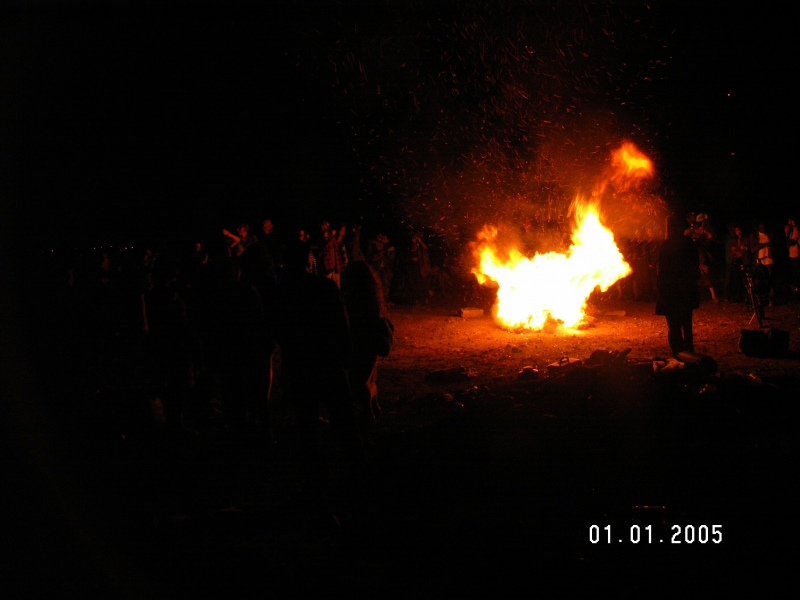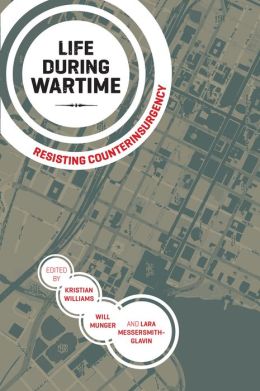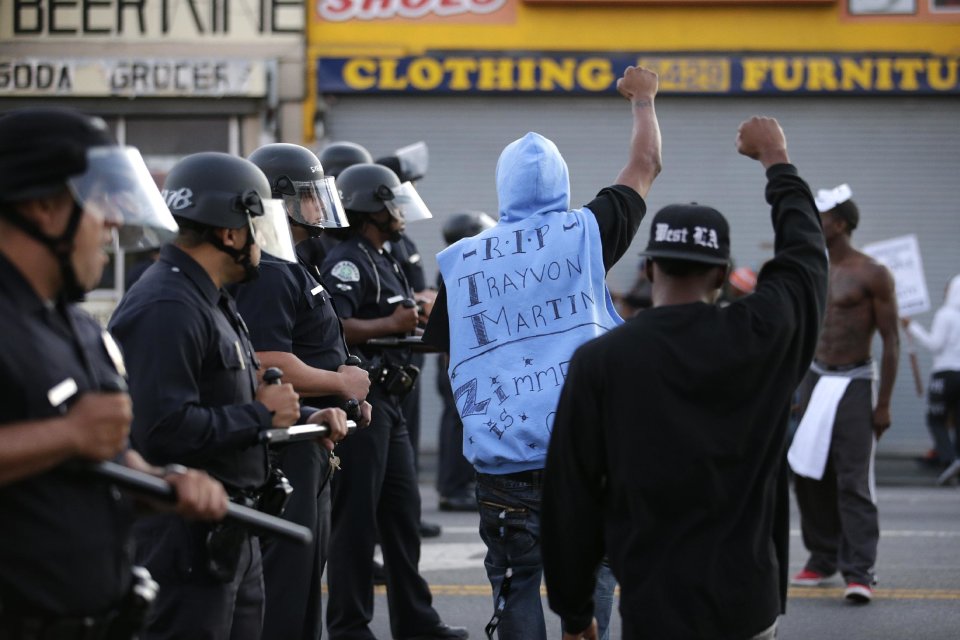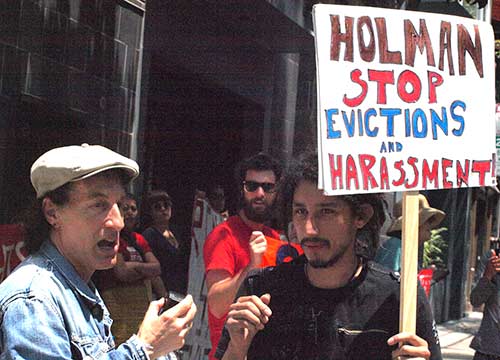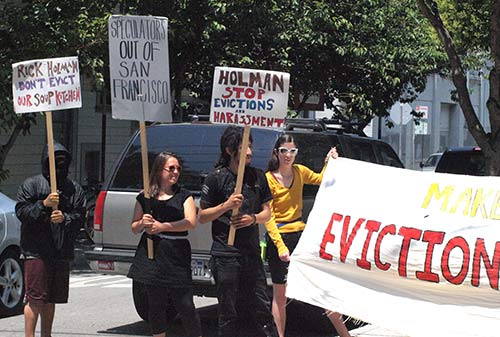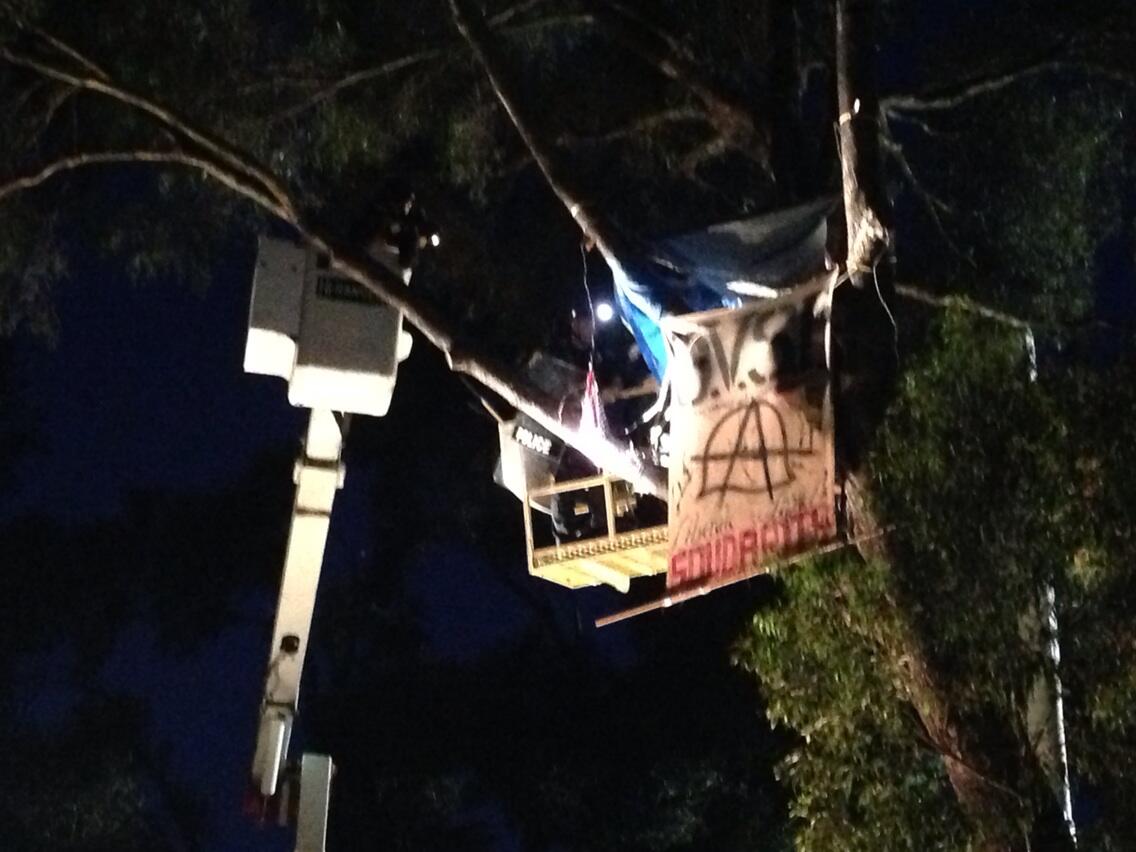by: Charlie Wallflower
It’s so hard to feel alive and well, connected with one another in
this network of crises called the city. At the same time, though, I’ve
always felt drawn towards this semi-functional relationship between the
city and its inhabitants – the beauty in the hustles, getting over on
the system, playing the game, finding the holes in the plot, and seeking
out others who feel similar – but I know all too well I didn’t create
the city, so how could it ever really work for me?
Life at times feels precarious, and it’s certainly been designed to be
that way. After all we live in a society where our relationships are
based off of somebody not having something, where being destabilized is
not the exception, but the rule. The hard lesson I’ve been taught is
that we’re made to be out for ourselves. Capitalism is a numbers game,
and those with the most have more power and ability to make larger
decisions, ones that impact more people. Now, I’m not saying I was
raised to run over people, but this world is organized top-down, and I’m
caught up in the mix feeling like everybody else, trying to get what I
can get, and I think my inabilities to properly resist are catching up
with me.
I’ve been feeling the stress wear upon me. Day in and day out I toil
with questions, searching for guidance within the depth and complexity
of it all. The obvious is true – Politicians, Liars, Thieves – six of
one, half a dozen of the other. They all must go! I yearn so bad for a
snap, for the kids and grown folks to smash up the street and hurl the
paving stones at all those that have ever committed them to a life of
servitude: for the day people take the chance yet again at the unknown,
for the times we swear we are infinite.
Cities are made up of neighborhoods, and in them are spots we’ve held
close and dear with laughter, cutty corner spots we’ve formed an uncanny
attachment to, and sidewalks where we’ve wandered across knowing we’ve
traced every crack in the concrete below. The walls with throw ups and
tags are etchings of an urban landscape where stories are told, even if
we don’t know the authors. What reads on our weathered walls and streets
is an earnest example of what is to come. While the concrete may change
and fall apart, the memories and relationships created on its surface
are the substance of our lives. The important part is that we, and not
any developer, have the say in the pages of our story.

Even now, in the rented home that I’ve grown to love I feel the schism
between the love for a place and not having control over it. I’m
interrupted. The Realtor parasite gleams his predatory eyes into my room
and with a big smile across his smug face exclaiming how great this
space – my living space – is! After clearing this home of its
inhabitants, he can’t wait to sink his teeth into the backs of future
tenants and suck from their cash flow. On to my friend’s room next. I
say ‘No, you can’t go in’. It’s hard to steady my hand when all I want
to do is tear his face off. My home is an enjoyable place to live
because it is part of a rhythm we created, and now I face eviction as
the landlord seeks to sell the building. I always knew it was borrowed
time.
Homes and neighborhoods can disappear as a result of political
maneuvering. They can be pulled out right from under us. Development
shapes not just the roads and buildings, but the economy and culture of
the city. It is part of a process of restructuring neighborhoods.
Residential shifts, urban planning, population migration make
gentrification. It is the mechanisms of power at work: everybody
fighting for their piece of the pie and out goes any sense of community.
These mechanics are control.
All my life I’ve seen the spots that I’ve held close and dear, that I’ve helped shape, fall to development corporations. I’ve seen artists be used by developers or become developers themselves. Now I feel what might be my break, my last straw, the largest sweep that I’ve seen. Down the block they want to wipe out the 5th ave Marina neighborhood and place cafés, high rise condos, boutiques, galleries, work-live lofts, promenades, streets that have “an urban village character,” – a new population. They call it the Brooklyn Basin. It’s a $1.5 Billion dollar city land development. The ‘they’ I speak of are the President of China Xi Jinping, Gov. Gerry Brown, Oakland’s Mayor Jean Quan, and regional developers like Signature Development Group. All of whom have risen to power under banners of populist reform, against corruption, but it is still clear that their concern has always and will always be primarily about how much money and authority they can grab and how fast they can do it.
No amount of detail paid to window placement, sidewalk width, or
creating walk spaces of “sculpted vistas” could convince me that their
calculated, fabricated, manufactured way of life is more enjoyable than
the time I spend at the run down docks of 5th ave with my friends,
lovers; exploring, reminiscing, laughing. I spoke with a worker at a
local restaurant about the proposal and she said it best: “This
community needs a lot, but condos are not it.” The planned 3,100
residential units, approximately 200,000 sq. ft. of retail and
commercial space, and a new marina with slips for luxury yachts,
decidedly mean nothing to me but more police, code enforcement,
bureaucracy, and an atmosphere of paranoia and distrust.

It’s certainly hard to find stability and figure out what we want and
need when we are swept up competing for validity, security, money,
space, and power. City design keeps us separated and warring
individuals. We carry our own troubles, histories, ghosts, and crutches
in silence and solitude. The gunshots I heard last night were such a
reminder.
“You still gotta take care of yourself” was the advice
from the man at the corner store when we spoke about all the troubles of
the world. My friend reminded me of an old saying:
“We accept the love we think we deserve”.
I guess it was his way of reminding me that if we allow ourselves to be
worn down we’ll accept our shitty situation and spit it back out in the
world, so we must keep questioning and exploring.
So how do I accept something better, take care of myself and stand a
better chance at self-determining my current and future conditions? What
does real community look like? What does movement that we, the
dispossessed, create look like? I know there are others who desire a
world where all people have agency and control over decisions that
affect them, and where power is spread out horizontally to all, not
concentrated at the top.
To me power that we create looks like the Anti-gentrification Block party that happened on Cinco de Mayo, the Farm Occupations in Albany and Hayes Valley, and the 5th ave marina residents having neighborhood assemblies. It looks like the vicious attacks on properties on Valencia st. last year that kept the gentrifiers from getting any rest. It’s community, as in the commune, as in something worth defending. Community – a place where neighbors not only relate with one another, but participate in joyous activities and in common defense, where our poetry is in the streets, where we ask for nothing from those who impose authority but where we figure out problems and questions together, where we develop, inspire, and take. Community is knowing we can stay in our neighborhood without the threat of displacement from ICE or city developers, where people can live in homes without fear of eviction from a landlord or of a utility company turning off power or water. It’s where kids can grow and play without the police on their back, and if we work – without the threat of a boss firing us. Community is a practice of brave hearts confronting their fears and overcoming obstacles. It is not angry, it is anger, it is our hearts hardening and becoming wiser. It is a pitched street battle and a space where we have control rather than delegating our responsibility to politicians, non-profits, and spiritual leaders – control over our own lives.




